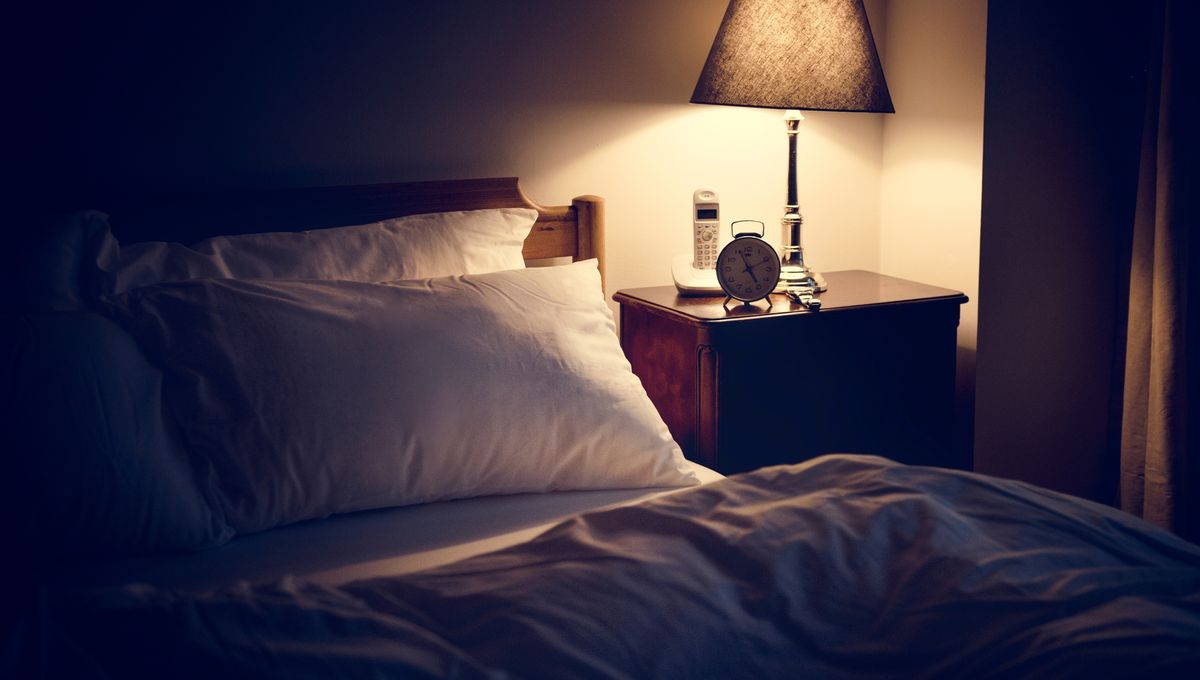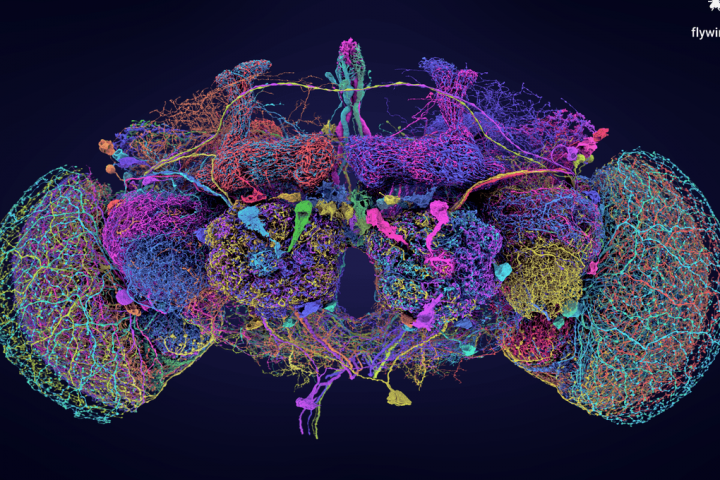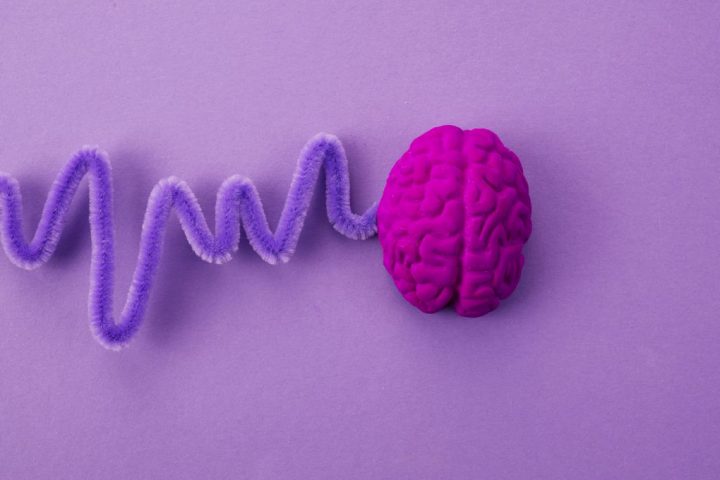Discover the reasons why people may pass away in their sleep, as we delve into the mysteries of our vital organs. According to Dr. Milind Sovani, a respiratory medicine consultant at Nottingham University Hospitals NHS Trust, the heart, lungs, and brain are the primary culprits. In an interview with Newsweek, Dr. Sovani sheds light on this intriguing phenomenon.
During sleep, our ability to respond to warning signs from these organs diminishes. Cardiologist Jack Flyer explains, “If I experience a 10-second pause in my heart rate while standing, I’ll collapse and someone will hear it. But when you’re asleep, you can’t respond to your own symptoms.” This vulnerability during sleep contributes to the potential for silent dangers.
The Heart: A Silent Threat
The heart is the most common culprit behind sleep-related deaths. Sudden cardiac arrest (SCA) accounts for 90% of these cases, as reported by the The Wall Street Journal. Individuals with coronary artery disease, an enlarged heart, or irregular heartbeats are at higher risk of SCA. This condition occurs when the heart abruptly stops beating, cutting off blood flow to vital organs and potentially leading to death without immediate intervention. Shockingly, 22% of SCA-related deaths occur between 10 pm and 6 am, with women being more susceptible during this time.
Airways: A Silent Suffocation
Obstructive sleep apnea (OSA) can also contribute to sleep-related deaths. OSA causes temporary breathing cessation due to narrowed airway muscles, leading to oxygen deprivation, increased heart rate, and elevated blood pressure. Dr. Sumeet Chugh, medical director of Cedars-Sinai’s Heart Rhythm Center, explains that OSA raises the risk of SCA during the hours of 12 am to 6 am. However, OSA is often not the sole cause of nocturnal deaths but rather exacerbates existing conditions, such as heart problems.
The Brain: A Silent Seizure
Epilepsy, a neurological disorder characterized by recurring seizures, poses a significant risk during sleep. Sudden unexpected death in epilepsy (SUDEP) is the leading cause of death for individuals with uncontrolled seizures. Although the exact reasons behind SUDEP remain unclear, it frequently occurs at night. Research suggests that sleep may increase the likelihood of SUDEP. Additionally, strokes can also lead to sudden nocturnal death, with approximately 25% of strokes occurring during sleep. Conditions like OSA can heighten the risk by impeding blood flow to the brain, resulting in brain cell death and fatal consequences.
Managing the Risks
If you have medical conditions that may increase the risk of sleep-related deaths, it is crucial to consult a doctor who can consider various factors such as lifestyle and family history. For the general population, the risk of sudden death during sleep is relatively low. However, maintaining a healthy lifestyle, including sufficient sleep, regular exercise, and a balanced diet, is recommended to minimize any potential risks.








